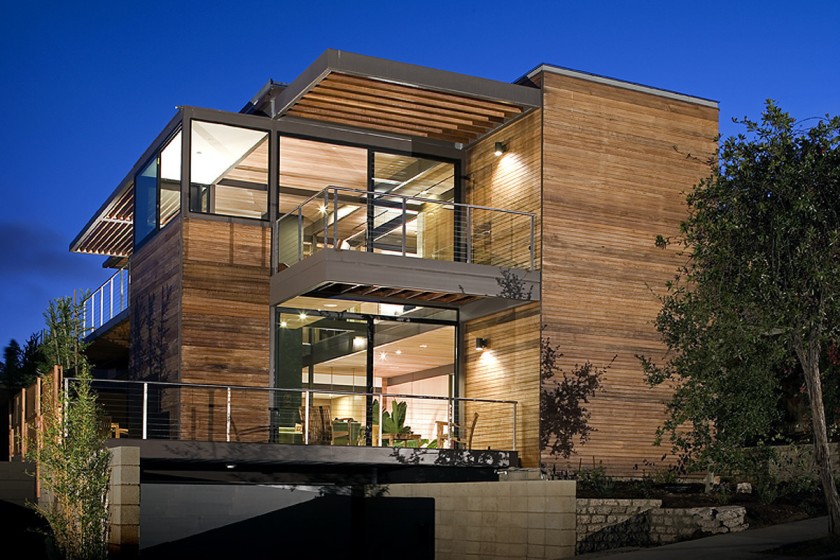
Building a Greener Tomorrow: The Essence of Sustainable Home Constructions
The construction industry is undergoing a significant transformation with a growing emphasis on sustainable practices. Sustainable home constructions are not just a trend; they represent a fundamental shift towards eco-friendly, energy-efficient, and environmentally responsible building methods. Let’s delve into the key aspects that define the landscape of sustainable home constructions.
Eco-Friendly Materials: Redefining Construction Foundations
At the core of sustainable home constructions lies the use of eco-friendly materials. Traditional construction often involves resource-intensive materials with a significant environmental impact. In contrast, sustainable homes prioritize materials that are responsibly sourced, renewable, and have a minimal carbon footprint. From reclaimed wood to recycled steel, these materials contribute to the reduction of environmental impact.
Energy-Efficient Design: A Pillar of Sustainability
Sustainable home constructions prioritize energy-efficient design principles. This includes optimizing the orientation of the home for natural light, incorporating insulation for temperature regulation, and utilizing energy-efficient appliances. The goal is to reduce energy consumption, leading to lower utility bills and a smaller overall environmental footprint.
Castle Manager: Shaping Sustainable Home Constructions
For those embarking on the journey of sustainable home constructions, Castle Manager serves as a valuable resource. Through the platform, individuals can connect with construction professionals who specialize in sustainable building practices. Explore the possibilities of sustainable home constructions with Castle Manager at Sustainable home constructions.
Water Conservation Measures: Nurturing a Precious Resource
Sustainable homes go beyond energy efficiency to incorporate water conservation measures. This includes the use of water-efficient fixtures, rainwater harvesting systems, and drought-resistant landscaping. By prioritizing water conservation, sustainable home constructions contribute to the responsible use of this precious resource.
Renewable Energy Integration: Harnessing Nature’s Power
A defining feature of sustainable home constructions is the integration of renewable energy sources. Solar panels, wind turbines, and geothermal systems are among the technologies employed to harness clean, renewable energy. This not only reduces reliance on conventional energy sources but also contributes to a more sustainable and resilient energy infrastructure.
Waste Reduction Strategies: Minimizing Construction Footprint
Traditional construction often generates significant waste, contributing to landfills and environmental degradation. Sustainable home constructions prioritize waste reduction strategies, including recycling construction materials, minimizing packaging waste, and adopting efficient construction practices. This commitment to reducing waste minimizes the ecological impact of the construction process.
Indoor Air Quality: A Healthy Living Environment
Sustainable homes prioritize indoor air quality to create a healthier living environment. This involves choosing low-emission materials, employing proper ventilation systems, and integrating green spaces within and around the home. Improved indoor air quality enhances the well-being of inhabitants and contributes to a more sustainable and health-conscious living space.
Community Integration and Eco-Friendly Neighborhoods
The concept of sustainable home constructions extends beyond individual homes to the development of eco-friendly neighborhoods. Sustainable communities integrate green spaces, energy-efficient infrastructure, and shared resources to create a cohesive and environmentally responsible living environment. This approach fosters a sense of community and collective responsibility towards sustainability.
Smart Home Technologies: Enhancing Efficiency and Comfort
Sustainable home constructions often incorporate smart home technologies to enhance efficiency and comfort. From smart thermostats that optimize energy usage to home automation systems that control lighting and appliances, these technologies contribute to a more streamlined and sustainable lifestyle.
Certifications for Sustainable Homes: A Mark of Excellence
In the realm of sustainable home constructions, certifications play a crucial role. Certifications such as LEED (Leadership in Energy and Environmental Design) and ENERGY STAR signal adherence to rigorous sustainability standards. Homes with these certifications not only demonstrate a commitment to sustainability but also often enjoy increased market value.
Conclusion: Building a Sustainable Legacy
Sustainable home constructions embody a holistic approach to building that prioritizes environmental responsibility, energy efficiency, and a commitment to healthier living. As individuals increasingly recognize the importance of sustainable practices, the trend towards eco-friendly homes is expected to grow. Castle Manager’s role in shaping sustainable home constructions reflects a dedication to providing individuals with the resources and expertise needed to build a sustainable legacy for the future.
